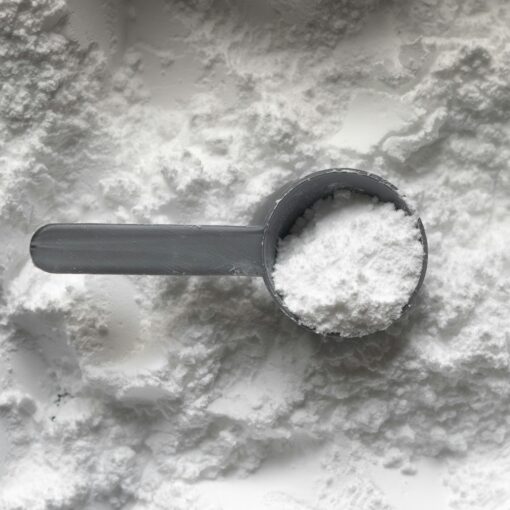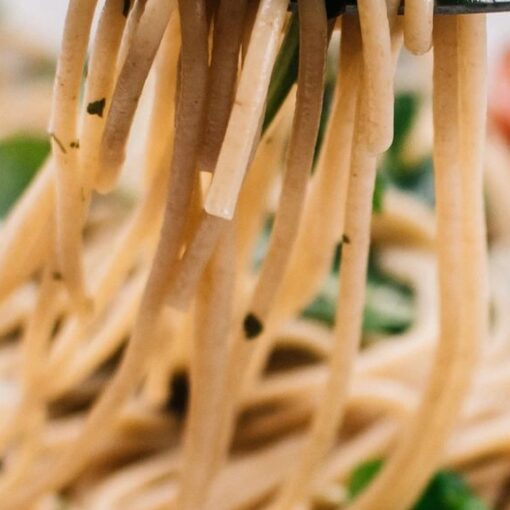It’s a widely reported fact that the amount of energy required to produce food exceeds the energy derived from that food. When the prevalent diet is meat-based, as in the Western world, then this inequality increases. In a world with a growing population and the subsequent pressure on natural resources, finding ways to produce food more sustainably is paramount.
‘Concepts for Further Sustainable Production of Foods’ by A.J. van der Goot et al (Journal of Food Engineering, Vol 168, Jan 1 2016) provides a paradigm shifting exploration of what the future of food production might need to look like.
The paper cites three main causes of the inefficiencies in the Western world’s food production. Firstly, the Western diet, high in animal origin foods, relies increasingly on high intensity livestock practices in order to meet demand. This has seen a shift in increasing levels of protein in animal feed. Secondly, comes food waste. It is estimated that 25% of food produced, in terms of energy content, is wasted; c10.5% of total food in energy terms is down to consumer waste, c9.8% of total food in energy terms is down to food manufacturing waste. Thirdly, due to supply chain, shelf-life and purity requirements, food processing currently utilises excess water and drying; these are energy and water intensive activities.
van der Goot et al present an alternative food production scenario that re-defines the supply chain so that the shelf-life and ingredient purity requirements are not the key drivers, thereby using less natural resources; particularly water and subsequent drying. The paper describes a move towards what they call ‘enriched fractions’, which are part-processed raw materials which retain part of their original structure. These enriched fractions may provide food innovation possibilities. This redesigned supply chain which moves away from pure constituent ingredients, towards functional fractions, would see fractionation processes that are more specific, smaller and closer to the site of their final application.
A sustainable food chain for this increasingly over-populated planet will require disruptive innovation and the concepts laid out here may well be the beginning.
References: ‘Concepts for Further Sustainable Production of Foods’; van der Goot, A.J., Pelgrom, P.J.M., Berghout, J.A.M., Geerts, M.E.J. (Journal of Food Engineering, Vol 168, Jan 1 2016)![]()
Prof Atze Van der Goot is also featuring at the forthcoming conference “Future Protein Summit 2017” www.futureproteinsforum.com supported by ACP at The Crystal on 30th March 2017
Naomi Diaz is Director & Food technology scout at The Aurora Ceres Partnership Ltd




